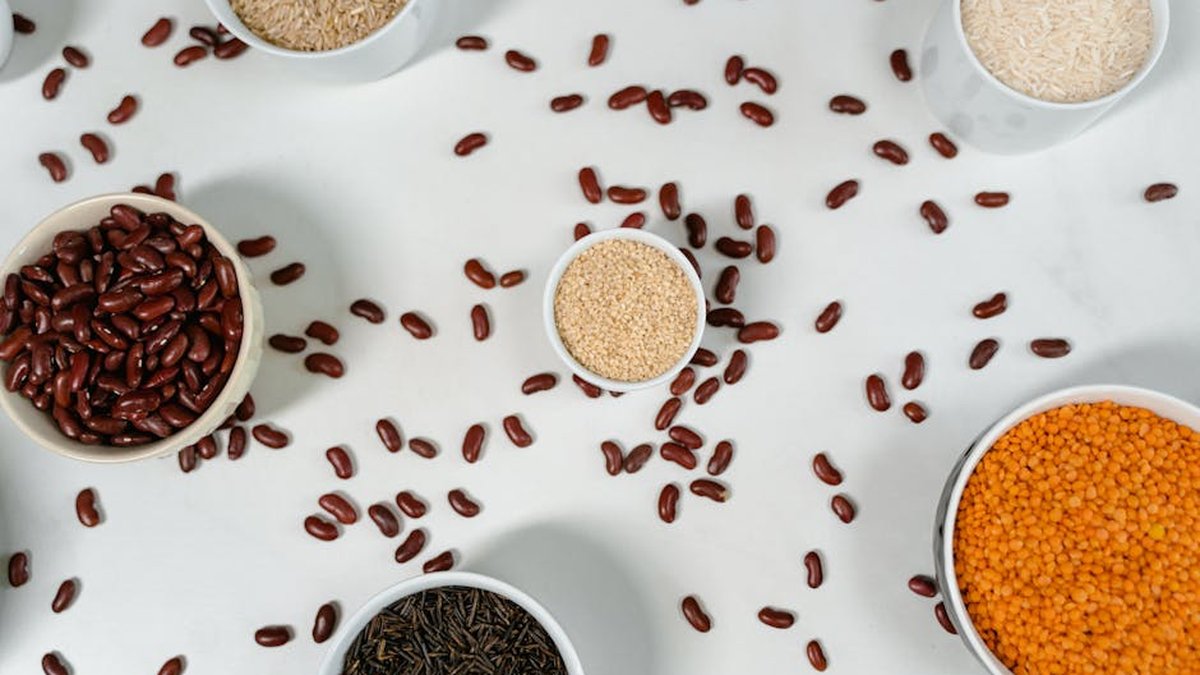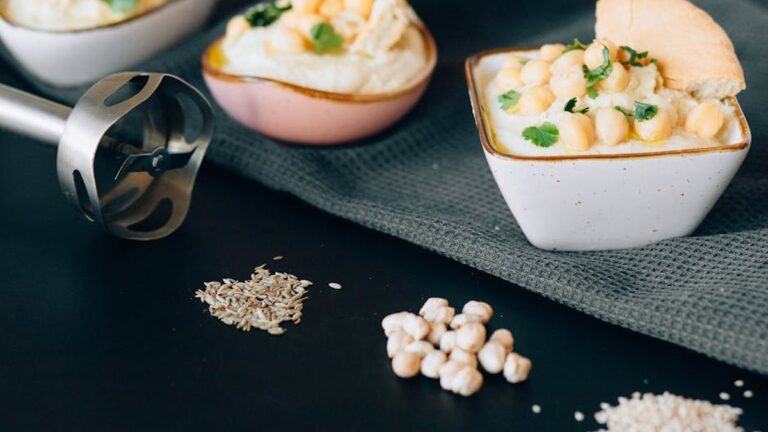The Ultimate Guide to Plant-Based Protein Sources
Why Plant-Based Protein?
More and more people are turning to plant-based diets for various reasons, including ethical concerns, environmental impact, and health benefits. One of the biggest questions for those transitioning to a plant-based lifestyle is: where will I get my protein? The good news is that there are plenty of delicious and nutritious plant-based protein sources available. This guide will explore some of the best options and provide tips for incorporating them into your diet.
Understanding Protein and its Importance
Protein is an essential macronutrient vital for building and repairing tissues, producing enzymes and hormones, and supporting overall health. It’s made up of amino acids, some of which our bodies can’t produce on their own – these are called essential amino acids. A complete protein contains all nine essential amino acids in adequate amounts.
Complete vs. Incomplete Proteins
Animal products are generally considered complete proteins. However, many plant-based protein sources are incomplete, meaning they lack one or more essential amino acids. This doesn’t mean you can’t get enough protein on a plant-based diet. By eating a variety of plant-based foods, you can easily obtain all the essential amino acids your body needs.
Protein Combining: Myth or Reality?
The traditional idea of protein combining suggests you need to eat specific foods together at the same meal to get all essential amino acids. However, modern nutritional science shows this isn’t necessary. As long as you consume a variety of plant-based protein sources throughout the day, your body will be able to assemble the amino acids it needs.
Top Plant-Based Protein Sources
Here’s a breakdown of some of the best plant-based protein sources:
- Legumes: Beans, lentils, peas, and chickpeas are excellent sources of protein, fiber, and iron.
- Tofu and Tempeh: Made from soybeans, these are complete proteins and versatile ingredients for various dishes.
- Edamame: These young soybeans are a complete protein and a delicious snack or side dish.
- Quinoa: A complete protein and a great alternative to rice.
- Seeds: Chia seeds, hemp seeds, and pumpkin seeds are good sources of protein, healthy fats, and fiber.
- Nuts: Almonds, peanuts, cashews, and walnuts provide protein and healthy fats.
- Nut Butters: Peanut butter, almond butter, and cashew butter are convenient and tasty protein sources.
- Whole Grains: Brown rice, oats, and whole-wheat bread contribute to your overall protein intake.
- Spirulina: A blue-green algae that’s surprisingly high in protein.
Incorporating Plant-Based Protein into Your Diet
Here are some practical tips for incorporating more plant-based protein into your meals:
- Start with small changes: Gradually replace meat-based meals with plant-based alternatives.
- Plan your meals: Knowing what you’ll eat in advance can help you ensure you’re getting enough protein.
- Experiment with recipes: There are countless delicious plant-based recipes available online and in cookbooks.
- Snack smart: Choose protein-rich snacks like nuts, seeds, or edamame.
- Use protein powders: Plant-based protein powders (pea, soy, rice) can be added to smoothies or baked goods.
Easy Meal Ideas
Here are a few ideas to get you started:
- Breakfast: Oatmeal with nuts, seeds, and fruit; Tofu scramble.
- Lunch: Lentil soup; Quinoa salad with chickpeas and vegetables.
- Dinner: Tofu stir-fry; Black bean burgers; Pasta with lentil bolognese.
Addressing Common Concerns
Some people worry about getting enough iron, vitamin B12, and other nutrients on a plant-based diet. While it’s important to be mindful of these nutrients, they can be easily obtained through fortified foods, supplements, and a well-planned diet. Consult with a registered dietitian or healthcare professional for personalized advice.
Conclusion
Getting enough protein on a plant-based diet is not only possible but also incredibly delicious and versatile. By understanding the different plant-based protein sources available and incorporating them into your meals, you can enjoy a healthy and sustainable lifestyle. Embrace the variety and experiment with different recipes to discover your favorite plant-based protein options. You’ll be surprised at how easy and enjoyable it is to nourish your body with the power of plants!






